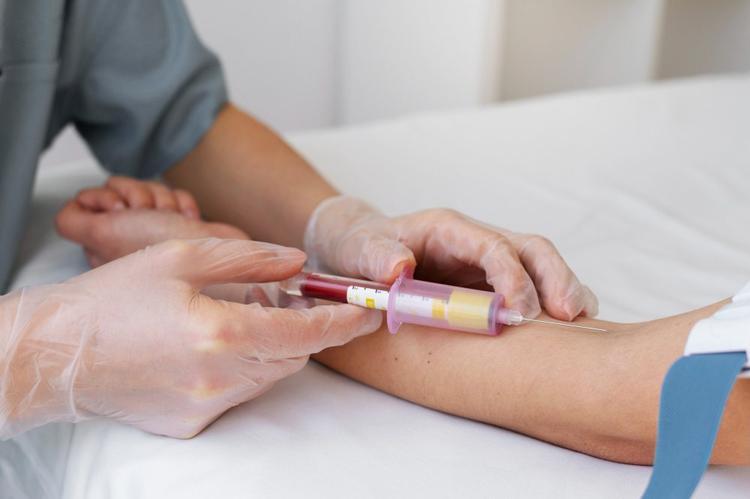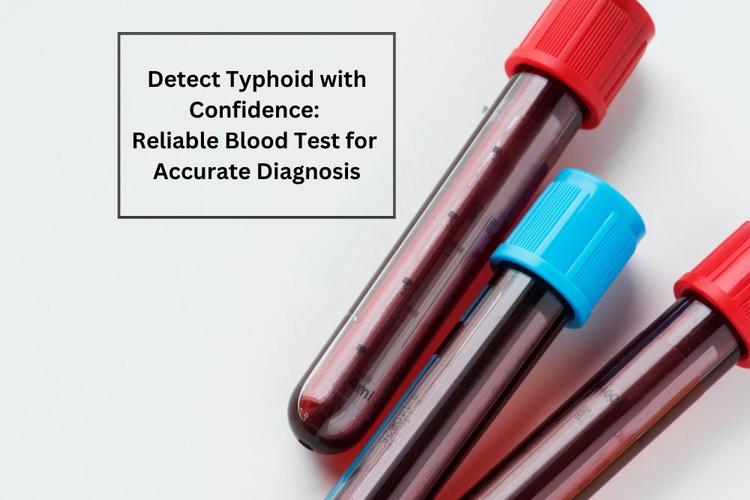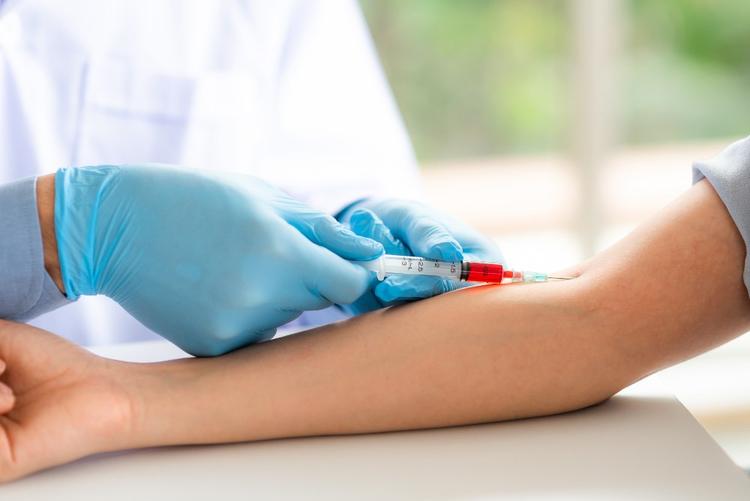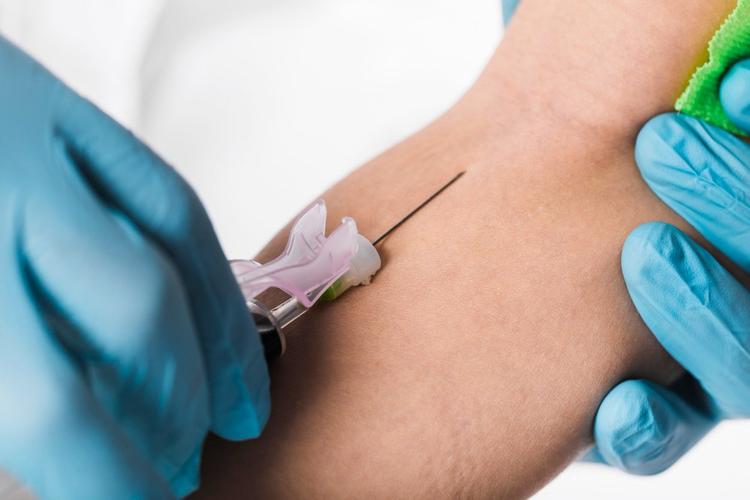Malaria Disease: Symptoms And Treatment

Medically Reviewed By
Dr. Ragiinii Sharma
Written By Srujana Mohanty
on May 15, 2022
Last Edit Made By Srujana Mohanty
on Mar 15, 2024
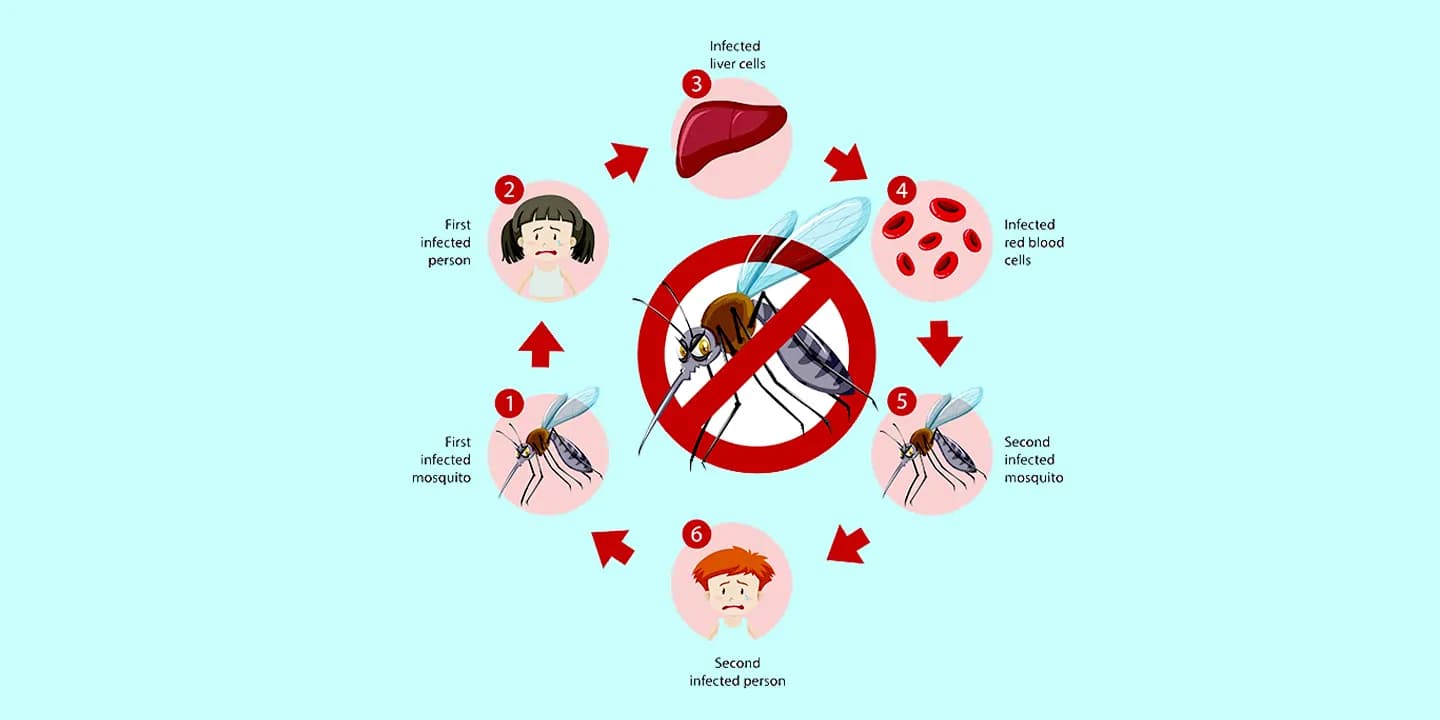
Despite the advancements in the medical field, the prevalence of Malaria is on an alarming rise. The World Health Organization reports that 2020 recorded 241 million malaria cases, which is a drastic increase from the number of 2019 with 227 million cases. The numbers are alarming, so it important that everyone should educate themselves more on the prospects of Malaria, its symptoms, causes, and treatment.
Malaria is a fatal mosquito-borne disease caused by the Anopheles mosquito (specifically the female Anopheles). The mosquitoes act as vectors for the Plasmodium, a parasite that travels into the infected person’s liver, proliferating and destroying the body's red blood cells.
This article will explore every aspect of Malaria disease, including the symptoms, and the associated treatment options.
What is Malaria?
Malaria is a mosquito-borne parasitic infection caused by the bites of female Anopheles mosquitoes carrying the Plasmodium parasite. There are five different types of Plasmodium that causes malaria in the infected patients, leading to fever, chills, body ache, etc.
Although a globally recognized disease, Malaria is more prevalent in the countries of Asia and Africa. The disease is predominant in parts of Central and South America, Eastern Europe, and parts of Oceania.
Over 90% of the recorded deaths due to Malaria are reported in Africa, predominantly in younger children. The primary reason behind it is the lack of medical resources and infrastructure in several African countries.
The United States reports around 2000 new cases of Malaria each year, which is comparatively a lot lesser than the other mentioned countries.
What are the Common Symptoms of Malaria?
When it comes to assessing or diagnosing Malaria, there are three distinct phases to look into. These include:
- Uncomplicated malaria
- Severe malaria
- Malaria relapse
Although the standard malaria symptoms include high-grade fever, chills, and headaches, the symptoms worsen as the disease progresses.
Let us walk you through the individual types/phases of malaria along with the symptoms they exhibit:
Uncomplicated malaria
This is generally the first phase of the infection wherein the patient exhibits minimal symptoms, and the infection hasn’t progressed to a severe stage. Therefore, early diagnosis with immediate treatment can avert a lot of fatalities in the patient.
Uncomplicated malaria can transform into a severe form if left untreated, especially in individuals with compromised immunity. Some of the symptoms of uncomplicated malaria include:
- Fever
- Chills
- Headache
- Nausea
- Vomiting
- Weakness
- Body ache
- Enlarged liver
- Mild jaundice
- Shortness of breath
The symptoms of uncomplicated malaria often mimic that of flu. So, if you have a possibility of contracting malaria due to travel history, discuss the same at length with your doctor to get a definitive diagnosis.
Severe malaria
The next stage is severe malaria. In this, the parasite has proliferated in the liver and is gradually making its way into the bloodstream. Direct access to the bloodstream leads to the destruction of the red blood cells, leading to symptoms like:
- Anemia
- Blood clotting complications
- Blood in the urine
- Behavioral changes
- Fatigue
- Lack of consciousness
- Seizures
- Coma
- Excess acidity in the body fluids and the blood
These symptoms and stages of malaria are fatal and, if left untreated can lead to the patient's death.
Malaria relapse
In a few variants of the Plasmodium parasite, some are left behind in the liver, which gets triggered and active a year or few months after the patient's complete recovery. Malaria relapses exhibit similar symptoms as they did initially and had equally debilitating symptoms. Patients who experience malaria relapse have to undergo the same malaria treatment regimen as they did the first time around.
How is Malaria Diagnosed?
As we mentioned before, most of the initial symptoms of malaria mimic that of cold and flu. So, your doctor might rule out the symptoms as common. If you have a travel history to countries with a high prevalence of Malaria, discuss that in length with your doctor.
This is the first step toward a definitive malaria diagnosis. Once your doctor has an idea about your travel history and the symptoms you’re experiencing, they will proceed with further testing to confirm the diagnosis.
The easiest mode of diagnosis is a blood test. The collected same is tested by the lab to check for:
- The presence of the Plasmodium parasite in the blood
- Determine the type of Plasmodium parasite causing the disease
- Check for medication or drug resistance in the causing parasite
Depending on the Malaria testing, your doctor can then start you on the anti-malarial drug regimen to fight off the infection.
How Is Malaria Treated?
Following a comprehensive and accurate diagnosis, your doctor will then shift towards targeted treatment to help with the recovery.
There are two major types of medications or drug therapies used for treating malaria. They include:
Chloroquine phosphate – if your causative parasite is resistant to other antimalarial drugs, chloroquine is the most effective treatment. However, your doctor will still assess the drug's effectiveness to ensure that the parasites aren’t becoming resistant to the administered doses of chloroquine throughout the treatment.
Artemisinin-based combination therapies (ACTs) – this drug therapy is an alternative to chloroquine-resistant malaria. It typically includes two or more drugs to tackle the infection and the accessory symptoms that come with the disease.
Besides these, some of the other potent groups of anti-malaria medications include:
- Atovaquone-proguanil
- Quinine sulfate with doxycycline
- Primaquine phosphate
Although not mainstream, the RTS,S/AS01 (RTS,S) malaria vaccine is prevalent for children from certain African countries as a preventive measure against the infection. Unfortunately, these vaccines aren’t available for tourists or general use. Therefore, most tourists visiting malaria-prone countries are advised to take anti-malaria medications as a preventive measure.
Frequently Asked Questions
-
Can malaria cause death?
Yes, malaria accounted for around 69,000 deaths in 2020, the numbers at an alarmingly high level compared to previous years.
-
Does malaria have a vaccine?
The RTS,S/AS01 malaria vaccine is only approved for children in African countries as a preventive measure.
-
Can antibiotics cure malaria?
The use of antibiotics as a standalone treatment isn’t effective. However, the inclusion of certain antibiotics in the artemisinin-based combination therapy shows promising benefits in the patient’s recovery.
Conclusion
Malaria is without a doubt a fatal and life-threatening disease. So, practicing caution is the best way to avoid contracting the infection and later experiencing the symptoms and complications that come with it. If you plan a vacation to countries with a high incidence of Malaria, take all the precautions needed to avoid contracting the disease. In this case, specifically, prevention of malaria is better than cure.
